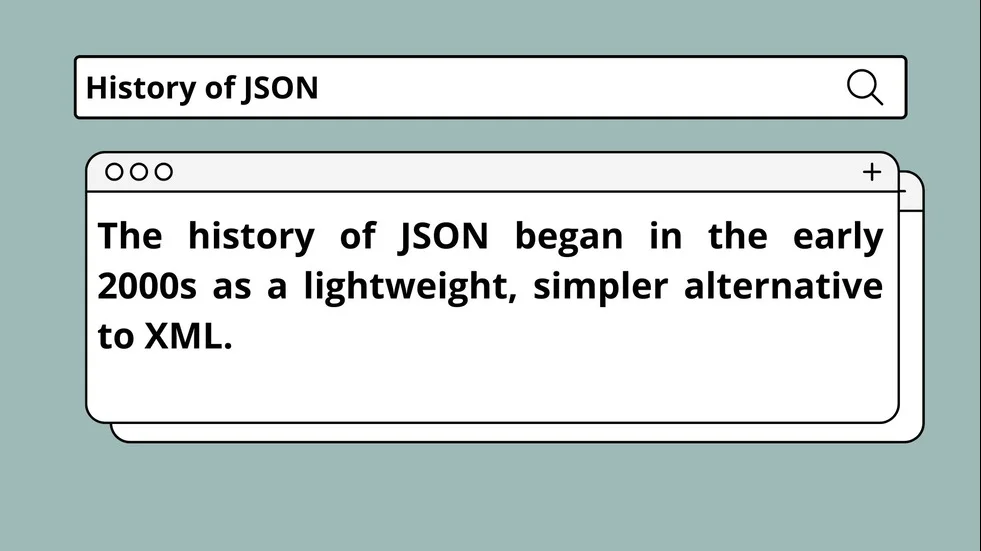JSON Parser
Helps extract values from JSON strings

Choosing the right JSON parser is crucial for ensuring that your applications run smoothly and efficiently. To make an informed decision, you should consider several key criteria.
First and foremost, performance benchmarks are essential. Look for a JSON parser that can handle large datasets without compromising speed. Test its parsing time against various data sizes to see how it performs under pressure. A high-performance parser can significantly reduce processing time, enhancing the overall user experience. and ensuring that applications run smoothly, even with substantial data loads. In addition to speed, consider the parser’s memory management capabilities. Efficient memory usage is crucial when dealing with extensive datasets; a parser that can minimize its footprint while maintaining performance will be advantageous in resource-constrained environments. Furthermore, error handling is another vital aspect to evaluate. A robust JSON parser should not only parse valid JSON but also gracefully manage and report errors in malformed or unexpected input. This feature can save developers significant debugging time and lead to more resilient applications. Lastly, compatibility and support for various JSON standards should not be overlooked. Choose a parser that adheres closely to established specifications and offers flexibility for any unique requirements your project may have. By prioritizing these factors—performance benchmarks, memory efficiency, error handling, and compatibility—you will ensure that the chosen JSON parser meets both current needs and future scalability challenges effectively.
Next, ease of use features cannot be overlooked. A good JSON parser should have a straightforward API and clear documentation that allows developers to integrate it quickly into their projects. The more intuitive the interface, the less time you’ll spend troubleshooting and the more time you can dedicate to building your application. Furthermore, a parser that offers extensive error handling capabilities is invaluable. When dealing with JSON data, it’s common to encounter malformed input or unexpected structures. A robust parser should provide meaningful error messages that guide developers in identifying and rectifying issues swiftly. This not only enhances the development experience but also ensures that applications can handle exceptions gracefully, resulting in a more reliable end product. Additionally, performance is another critical aspect to consider. A high-performance JSON parser can significantly reduce the time taken for data processing, especially when handling large datasets or real-time applications. Benchmarks and user testimonials can serve as useful indicators of a parser’s efficiency, helping you make an informed decision based on real-world usage. Finally, community support plays a crucial role in the longevity of any tool you choose. Opting for a widely-used JSON parser means you’ll have access to forums and resources filled with advice from fellow developers who may have encountered similar challenges. This collaborative knowledge can be instrumental when troubleshooting issues or seeking optimization tips. By prioritizing ease of use features alongside these additional considerations—error handling capabilities, performance metrics, and community support—you’ll equip your development team with the best tools available to create seamless applications that leverage JSON efficiently. Integration capabilities with other tools and APIs are also vital in your selection process. Ensure that the JSON parser you choose plays well with existing technologies in your stack. Compatibility with popular libraries or frameworks will save you from potential headaches down the line.
By carefully evaluating these factors—performance benchmarks, ease of use features, and integration capabilities—you’ll be well-equipped to choose a JSON parser that meets your specific needs while setting yourself up for success in your development endeavors.